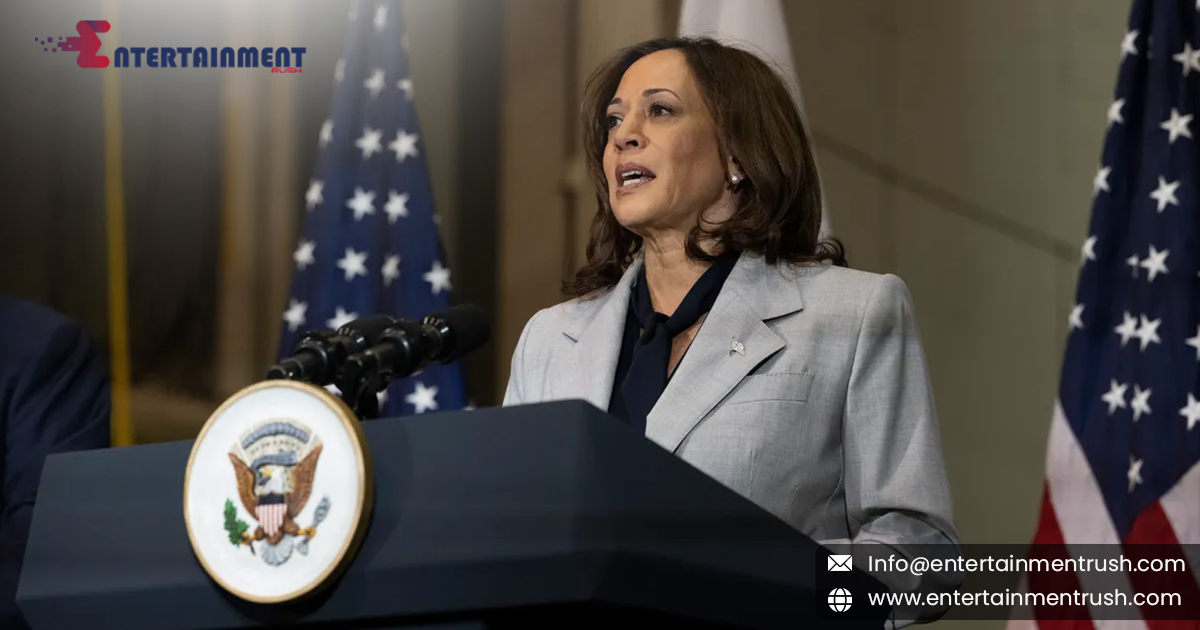In recent years, the debate over free trade has been a focal point in U.S. economic policy, with skepticism growing among various sectors of American society. As Vice President Kamala Harris navigates her role in shaping the country’s trade policies, there is mounting speculation about how her stance might influence the future of free trade in the United States. This blog explores the potential ways Kamala Harris could sustain, if not amplify, the existing skepticism toward free trade and what this means for the U.S. economy and global trade relationships.
The Growing Skepticism Toward Free Trade
Skepticism about free trade has been on the rise in the U.S. for several years. Many Americans argue that trade agreements have led to job losses, wage stagnation, and the erosion of domestic industries. This sentiment was notably evident during the 2016 presidential election, where candidates from both parties expressed concerns about the impact of trade deals like NAFTA (North American Free Trade Agreement) and the Trans-Pacific Partnership (TPP).
The backlash against free trade is rooted in the perception that such agreements often benefit multinational corporations and foreign economies at the expense of American workers. Critics argue that while free trade can drive economic growth and lower prices for consumers, it can also lead to a race to the bottom in labor standards and environmental protections. This growing unease has influenced political discourse and policymaking, with many Americans demanding a re-evaluation of trade policies.
Kamala Harris’s Position on Trade
Kamala Harris, as Vice President, plays a significant role in the administration’s trade policy. Her stance on free trade is shaped by her broader economic and political philosophies, which emphasize fair trade and economic justice. Harris has expressed concerns about the impact of trade deals on American workers and industries, reflecting a cautious approach to free trade agreements.
Harris’s position is aligned with a more protectionist viewpoint that seeks to balance the benefits of trade with the need to safeguard domestic jobs and industries. She has advocated for trade policies that prioritize labor rights, environmental standards, and equitable economic growth. This perspective resonates with a significant portion of the American electorate that views free trade with suspicion.
The Impact of Harris’s Stance on Trade Policy
If Kamala Harris maintains or intensifies the current skepticism toward free trade, it could have several implications:
Revised Trade Agreements:
Harris’s approach could lead to a re-evaluation of existing trade agreements and a push for renegotiation. This might involve addressing issues related to labor rights, environmental standards, and fair competition to ensure that trade deals are more beneficial to American workers and industries.
Focus on Domestic Industries:
A sustained skepticism toward free trade may result in increased support for policies that protect and bolster domestic industries. This could include measures such as tariffs, subsidies, and incentives for American manufacturers, aimed at reducing dependence on foreign goods and promoting local production.
Shift in Global Trade Relationships:
As the U.S. navigates its trade relationships under Harris’s influence, there could be shifts in global trade dynamics. Allies and trading partners may need to adapt to a U.S. trade policy that places greater emphasis on protecting American economic interests, potentially leading to new trade agreements and negotiations.
Economic and Political Ramifications:
A cautious or skeptical approach to free trade may impact the U.S. economy in various ways. While it could address some of the concerns related to job losses and wage stagnation, it may also lead to trade tensions and potential retaliatory measures from other countries. The political ramifications could be significant, influencing electoral dynamics and shaping the national conversation on trade policy.
Conclusion
Kamala Harris’s role in shaping U.S. trade policy and her potential to sustain skepticism toward free trade reflect broader concerns about the impact of trade agreements on American workers and industries. As the U.S. continues to grapple with these issues, Harris’s approach could lead to significant changes in trade policy, with far-reaching implications for both domestic and global economic landscapes. The evolution of U.S. trade policy under Harris’s influence will be closely watched as it unfolds, providing insights into the future direction of American economic strategy.




Leave feedback about this